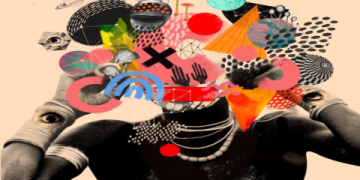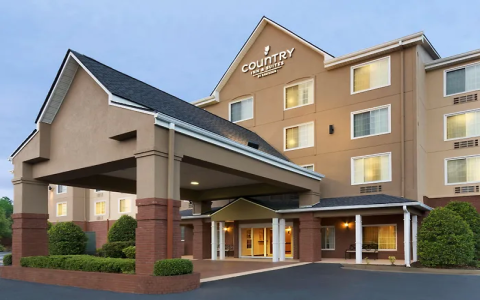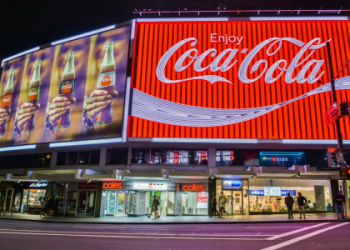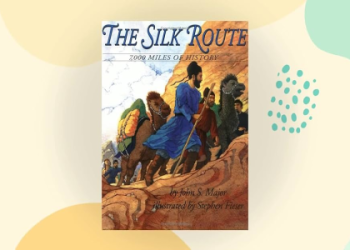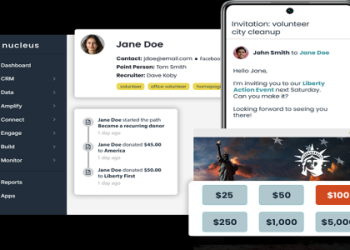Legal marketing campaigns addressing sexual assault have evolved beyond simple advertisements into powerful platforms for survivor advocacy and education. These initiatives aim to break the silence surrounding sexual violence while connecting survivors with qualified legal representation and support resources.
Modern campaigns utilize diverse digital channels, including YouTube public service announcements, podcast sponsorships, Instagram story series, and Twitter hashtag movements (#KnowYourRights, #SurvivorStrong). Visual elements typically feature muted tones, symbolic imagery like broken chains or rising flames, and testimonials presented in text-to-speech formats to protect survivor anonymity.
Recent examples include the “No More Silence” campaign by a national law firm coalition, which partnered with influencers to share accurate legal information and combat common myths about false reporting. The “Know Your Rights” microsite launched by a major nonprofit legal clinic provides free legal education about reporting timelines, evidence collection, and available compensation funds, while its accompanying TikTok videos explain complex legal concepts through relatable scenarios.
Legal professionals emphasize that these campaigns must navigate ethical obligations while providing survivor-centered messaging. The American Bar Association offers guidelines for trauma-informed advertising, which emphasizes avoiding sensationalism, highlighting survivor autonomy, and providing clear pathways to confidential assistance rather than encouraging public disclosure.
Successful campaigns measure impact through survivor engagement metrics, increased hotline calls, and higher reporting rates within targeted demographics. Data indicates campaigns featuring authentic survivor experiences (with proper consent and anonymity) generate 40% more engagement than statistics-only approaches, while multilingual resources double outreach effectiveness in immigrant communities.
However, challenges include ensuring legal accuracy across jurisdictions, maintaining confidentiality while using real cases, and preventing marketing materials from being subpoenaed during proceedings. Emerging formats like VR-based empathy training for juries and interactive chatbots for initial legal screening represent the next frontier in this critical intersection of legal advocacy and survivor support.
These campaigns serve as transformative tools, converting awareness into tangible access to justice while supporting survivors on their healing journey. By prioritizing survivor voices and ethical considerations, legal marketing campaigns against sexual assault continue to bridge the gap between vulnerable communities and essential legal services.




